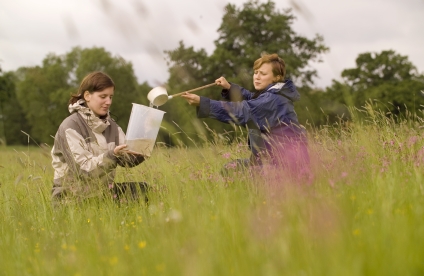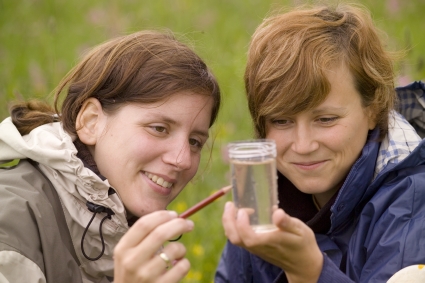3rd step: Demonstration cases - Testing the NoK
In the third step, we will develop and perform three policy-relevant case studies to test the NoK prototype. We will test in these three case study areas, namely agriculture, conservation and marine biodiversity various knowledge assessment approaches and the approaches for the communication, consultation and cooperation between knowledge providers and knowledge requesters.
The performance of the NoK prototype in the case studies will be evaluated and, based on the experiences and conclusions a final set of recommendations for the governance and methodological approach of the Network of Knowledge will be elaborated.
The case studies will focus primarily on testing the prototype NoK, but they also aim at producing policy relevant output for the specific questions they tackle.
Further information on the case studies, which are currently in planning status, will be available soon. General contact:
Stefan Schindler, University of Vienna


Brief summary of results for step 3 (July 2012)
The demonstrate cases are covering different sectors and is testing the NoK prototype in a broad variation of different situations/environments. Concerning the conservation case, the choice for the topic and question was policy driven following request of one main requester (DG ENV). For the agriculture case, topic and related question was also policy driven but following many consultations with several requesters of different levels. Finally the marine case took another path, a more bottom-up approach as the question was purely science driven. The chosen questions were accordingly:
Agricultural case: Which types of landscape management are effective at maintaining or increasing natural pest regulation in a context of decreased use of pesticides ?
Marine case: What are the current trends in kelp forests in Europe and what is the evidence that these trends will affect the ecosystem’s biodiversity and the provision of ecosystem services?
Conservation case: Impact on biodiversity of multi-functional floodplain management compared to conventional flood control measures?”
Both the marine and conservation cases have organized their first workshops, gathering recognized experts on their topics. These workshops were aiming at organizing the working groups that will be responsible for processing the knowledge in these two demonstrate cases.
The agriculture case has decided to have its first workshop in September, when they will have scoped the literature. The workshop will then focus on the literature sorting and critical appraisal and the establishment of a knowledge base on the topic.
